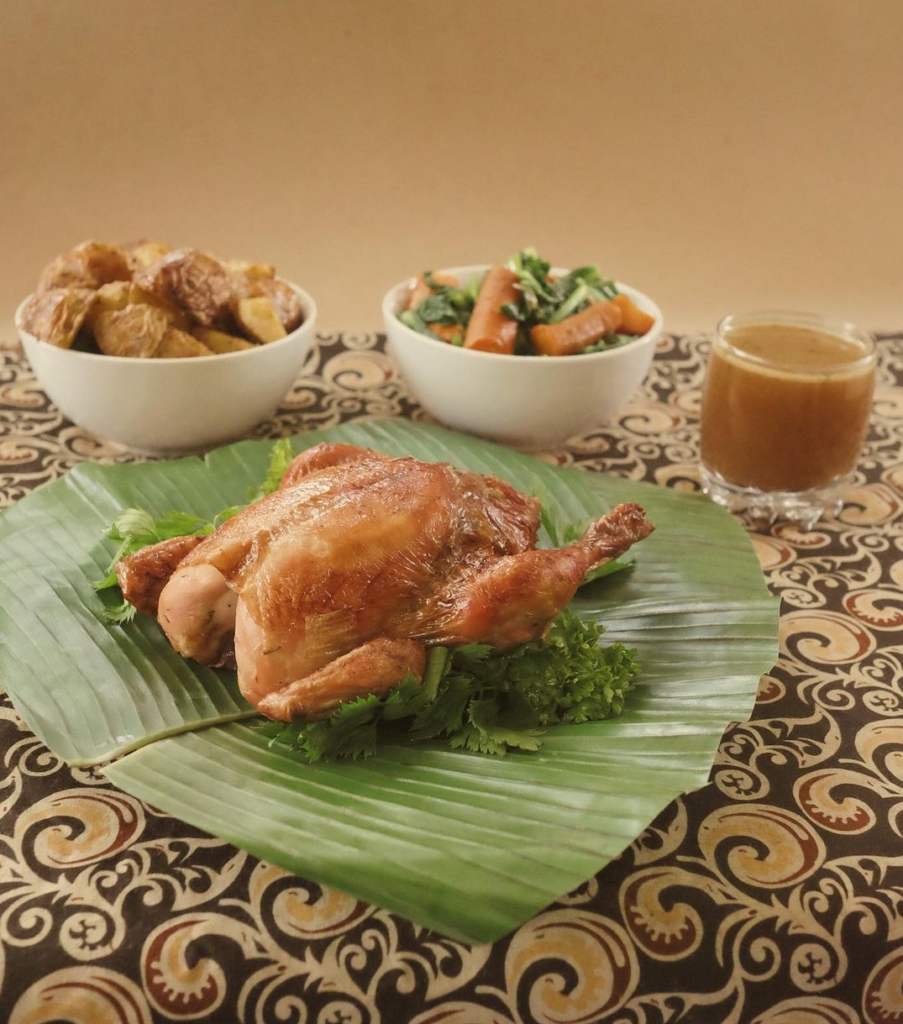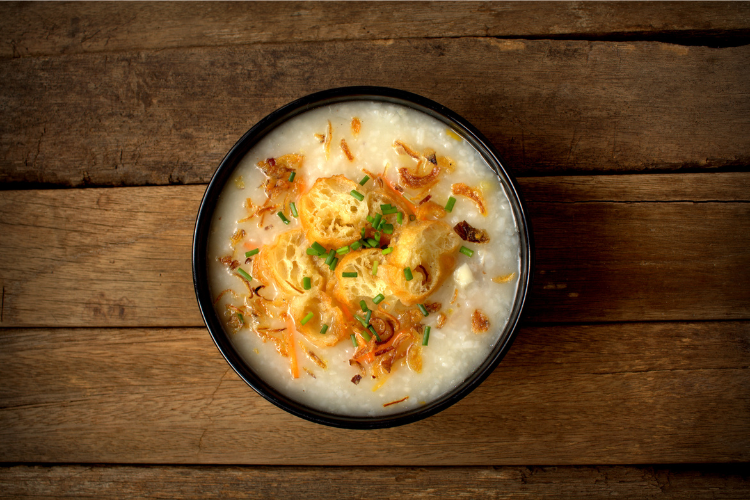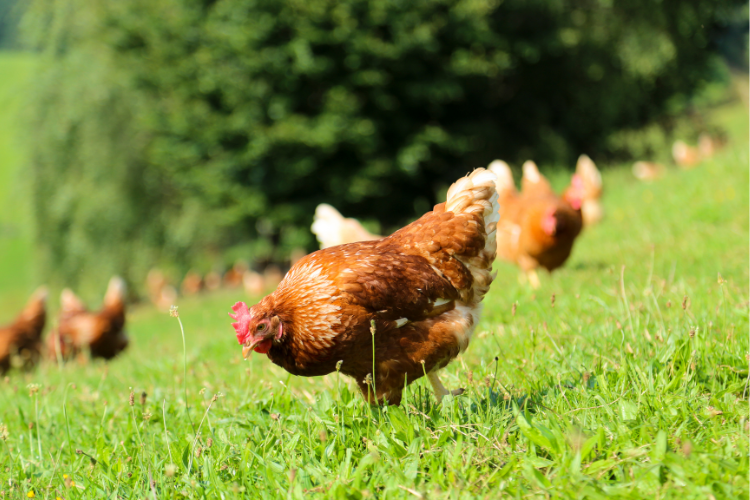Blog
Probiotic Chicken: Your Gut’s New Best Friend
Welcome to an in-depth analysis of poultry practices, where we delve into the emerging phenomenon of probiotic chicken and dissect its stark contrasts with traditional poultry. In this article, we embark on a journey to uncover the nuances that distinguish probiotic chicken as a superior choice in terms of both nutrition and sustainability. So, join us as we navigate through the complexities of poultry farming and dietary preferences, shedding light on why probiotic chicken stands out in the flock.
1. What is Probiotic Chicken?
Probiotic chicken represents a progressive approach to poultry farming that prioritizes the integration of beneficial bacteria, known as probiotics, into the chicken’s diet to enhance both its health and the quality of the meat produced. These probiotics are typically added to the chicken feed, allowing the chickens to ingest them regularly.
This is what exactly probiotic chicken feed consists of:
1. Probiotics
The cornerstone of probiotic chicken feed is, of course, the probiotics themselves. These are live microorganisms that confer health benefits when consumed in adequate amounts. Common probiotics used in poultry farming include strains of lactobacillus, bacillus, and bifidobacterium, among others. These beneficial bacteria work symbiotically within the chicken’s gut, promoting digestion, bolstering immunity, and combating harmful pathogens.
2. Prebiotics
Alongside probiotics, probiotic chicken feed often contains prebiotics. Prebiotics are non-digestible fibers that serve as fuel for the beneficial bacteria in the gut. By nourishing these probiotic organisms, prebiotics help maintain a healthy balance of gut flora, optimizing digestive function and overall health in chickens.
3. Fiber-Rich Ingredients
To support the growth and activity of probiotics in the chicken’s digestive tract, probiotic chicken feed typically incorporates fiber-rich ingredients such as grains, legumes, and plant-based fibers. These ingredients not only provide essential nutrients but also promote optimal gut health by stimulating beneficial microbial fermentation in the intestine.
4. Herbs and Botanicals
Some formulations of probiotic chicken feed may include herbs and botanicals known for their antimicrobial or digestive-enhancing properties. These natural additives can further support gut health and contribute to overall well-being in chickens.
5. Minerals and Vitamins
Of course, a balanced diet for probiotic chickens includes essential minerals and vitamins necessary for growth, immunity, and overall health. These nutrients are typically included in probiotic chicken feed to ensure that the chickens receive all the necessary elements for thriving.
6. Avoidance of Antibiotics and Growth Promoters
Unlike conventional chicken feed, probiotic chicken feed is formulated to minimize or eliminate the use of antibiotics and synthetic growth promoters. This aligns with the overarching goal of probiotic chicken farming, which emphasizes natural, sustainable, and eco-friendly practices while reducing reliance on pharmaceutical interventions.
At Bali Buda, we have been serving and selling good-for-you chicken since the beginning! Our probiotic organic chicken is free-range, raised organically and fed with probiotics + 11 herbs, so that the meat produced is low in fat, high in protein, tender, and has a natural savory taste, even before adding any seasoning. Our chicken is also free of growth hormone injections, formalin, antibiotic, and not exposed to any dangerous chemicals, so it is safe for consumption by the whole family, from toddlers to adults.

2. The Gut Microbiome Paradigm
Central to the discourse on probiotic chicken is the profound influence of gut microbiota on avian physiology and overall well-being. Through strategic probiotic supplementation, chicken gastrointestinal environments are enriched with beneficial microbes, facilitating improved digestion, immune modulation, and nutrient absorption. The symbiotic interplay between probiotics and poultry physiology underscores the transformative potential of probiotic chicken in enhancing dietary quality and health outcomes.
3. Comparative Analysis: Probiotic vs. Traditional Chicken
A critical examination of probiotic chicken against its traditional counterpart unveils discernible differentiators that underscore the former’s superiority.
1. Nutritional Superiority
While traditional chicken serves as a staple protein source, probiotic chicken transcends conventional offerings by virtue of its enriched nutritional profile. Infused with essential vitamins, minerals, and probiotic strains, probiotic chicken emerges as a nutritional powerhouse, offering holistic dietary benefits that extend beyond mere sustenance.
2. Culinary Excellence
In the realm of flavor and gastronomic appeal, probiotic chicken reigns supreme. The integration of probiotics into chicken feed yields meat that boasts enhanced succulence, tenderness, and depth of flavor, captivating discerning palates and culinary aficionados alike. Probiotic chicken’s culinary excellence transcends the confines of conventional poultry, elevating dining experiences to unparalleled heights.
3. Environmental Stewardship
A pivotal aspect that sets probiotic chicken apart lies in its commitment to sustainable farming practices and environmental stewardship. Unlike conventional poultry farming, which often relies heavily on antibiotics and chemical inputs, probiotic chicken production prioritizes eco-conscious methodologies, minimizing environmental impact and promoting long-term sustainability in poultry agriculture.
RECIPE FOR “BUBUR AYAM” (chicken porridge)
Ingredients:
For the Chicken Broth:
Here you can either make your own, or directly use our Probiotic Chicken Broth!
- 1 whole Bali Buda Probiotic Chicken (about 3-4 lbs), cut into pieces
- 8 cups water
- 1 onion, peeled and halved
- 3 cloves garlic, smashed
- 2 inches ginger, sliced
- 2 stalks lemongrass, bruised
- 2 bay leaves
- Salt and pepper to taste
For the Porridge:
- 1 cup of organic rice, washed and drained
- 8 cups probiotic chicken broth (from above)
- 1 tablespoon cold-pressed coconut oil
- 3 cloves garlic, minced
- Salt to taste
For Serving:
- Fried shallots
- Sliced green onions
- Sliced chilies (optional)
- Soy sauce
- Sweet soy sauce (kecap manis)
- Fried soybean cake (optional)
- Hard-boiled organic eggs, halved

Instructions:
Prepare the Chicken Broth:
- In a large pot, combine the chicken pieces, water, onion, garlic, ginger, lemongrass, bay leaves, salt, and pepper.
- Bring the mixture to a boil over medium-high heat, then reduce the heat to low. Let it simmer gently for about 1 to 1.5 hours, skimming off any foam that rises to the surface.
- Once the chicken is cooked and tender, remove it from the broth and set it aside to cool. Strain the broth and discard the aromatics. Shred the chicken meat once it’s cool enough to handle.
Cook the Rice Porridge:
- In a large pot, heat the oil over medium heat. Add the minced garlic and sauté until fragrant, about 1 minute.
- Add the washed and drained rice to the pot, stirring to coat the grains with the oil and garlic.
- Pour in the chicken broth (about 8 cups) and bring the mixture to a boil. Once boiling, reduce the heat to low and let it simmer, stirring occasionally, until the rice is fully cooked and the porridge reaches your desired consistency, about 30-40 minutes. If the porridge becomes too thick, you can add more chicken broth or water to thin it out.
- Season the porridge with salt to taste.
Serve the Bubur Ayam:
- To serve, ladle the hot chicken porridge into bowls.
- Top each bowl with shredded chicken meat, fried shallots, sliced green onions, and sliced chilies if desired.
- Serve with soy sauce, sweet soy sauce (kecap manis), fried soybean cake (optional), and hard-boiled eggs on the side.
- Enjoy your comforting bowl of Indonesian chicken porridge!
Takeaway
In the ever-evolving landscape of poultry production and dietary preferences, probiotic chicken emerges as a beacon of innovation and excellence. From its nutritional superiority to its culinary prowess and environmental conscientiousness, probiotic chicken embodies a paradigm shift in poultry farming, offering consumers a compelling alternative that transcends traditional norms. As we navigate towards a future defined by sustainability and dietary enrichment, probiotic chicken stands poised to lead the charge, revolutionizing the poultry industry one delectable bite at a time.

 Indonesia
Indonesia
